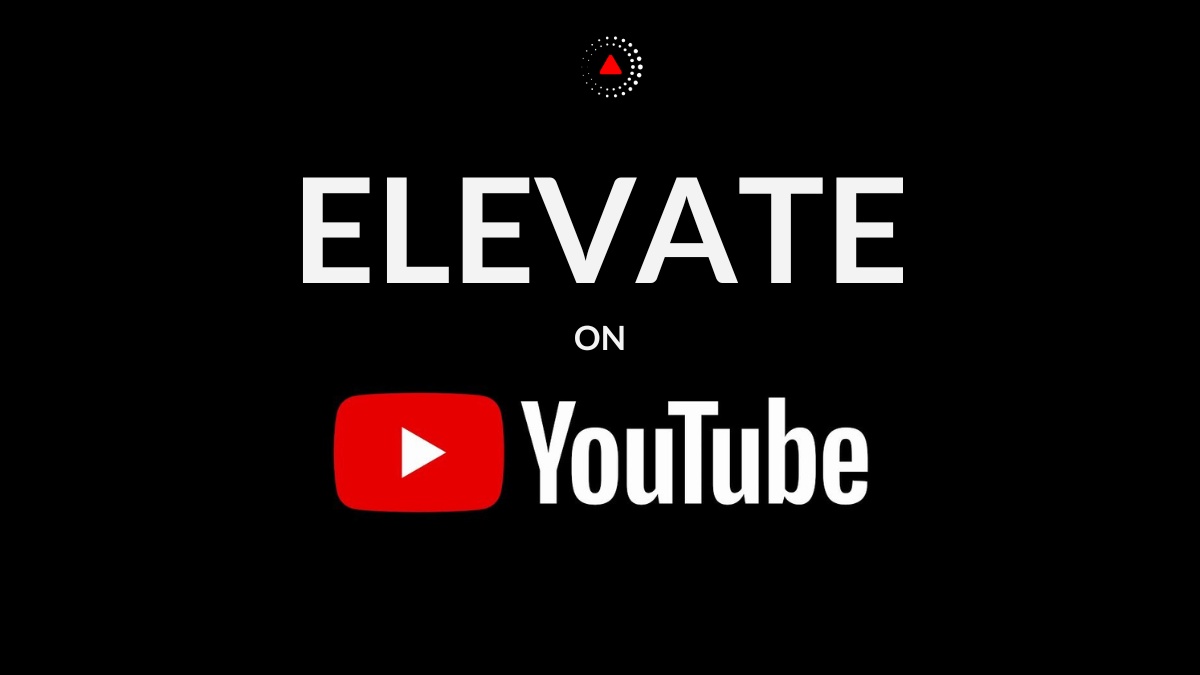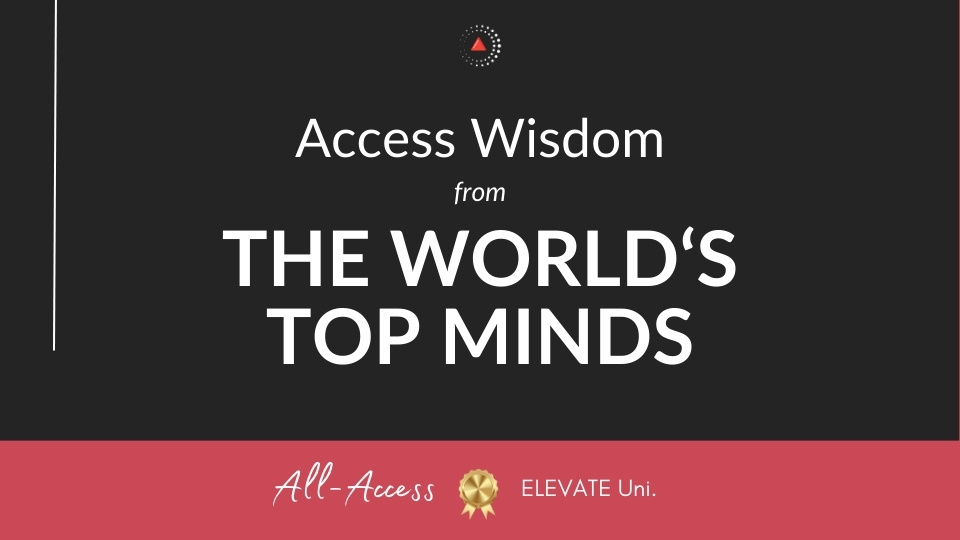45 Quotes by Charles Duhigg
Charles Duhigg, a Pulitzer Prize-winning journalist and author, has made significant contributions to the understanding of habits and productivity in both personal and professional contexts. As a reporter for The New York Times, Duhigg delved into investigative journalism, covering various topics, including business, technology, and science. He gained widespread recognition for his book "The Power of Habit: Why We Do What We Do in Life and Business," which explored the science of habit formation and how habits influence our daily lives and decision-making processes.
Duhigg's work not only shed light on the neurological and psychological aspects of habits but also provided practical insights into how individuals and organizations can leverage this knowledge to create positive change and increase productivity. Beyond habits, he delved into other intriguing topics, such as the science of productivity and the impact of data-driven decision-making. Duhigg's writing style is engaging and accessible, making complex concepts understandable to a broad audience. Through his work, he has empowered countless individuals to better understand themselves and harness the power of habits to achieve personal and professional success.
Charles Duhigg Quotes
Typically, people who exercise start eating better and becoming more productive at work. They smoke less and show more patience with colleagues and family. They use their credit cards less frequently and say they feel less stressed. It's not completely clear why. But for many people, exercise is a keystone habit that triggers widespread change.
Most of the choices we make each day may feel like the products of well-considered decision making, but they’re not. They’re habits.
Habits are powerful, but delicate. They can emerge outside our consciousness, or can be deliberately designed. They often occur without our permission, but can be reshaped by fiddling with their parts. They shape our lives far more than we realize—they are so strong, in fact, that they cause our brains to cling to them at the exclusion of all else, including common sense.
If you tell people that they have what it takes to succeed, they'll prove you right
Once you understand that habits can change, you have the freedom and the responsibility to remake them. Once you understand that habits can be rebuilt, the power of habit becomes easier to grasp and the only option left is to get to work.
If you believe you can change - if you make it a habit - the change becomes real.
Change might not be fast and it isn't always easy. But with time and effort, almost any habit can be reshaped.
The Golden Rule of Habit Change: You can't extinguish a bad habit, you can only change it.
When a habit emerges, the brain stops fully participating in decision making. It stops working so hard, or diverts focus to other tasks. So unless you deliberately fight a habit -- unless you find new routines -- the pattern will unfold automatically.
There’s something really powerful about groups and shared experiences. People might be skeptical about their ability to change if they’re by themselves, but a group will convince them to suspend disbelief. A community creates belief.
Champions don’t do extraordinary things. They do ordinary things, but they do them without thinking, too fast for the orther team to react. They follow the habits they’ve learned.
This is the real power of habit: the insight that your habits are what you choose them to be.
The brain has this amazing ability to find happiness even when the memories of it are gone.
Once people learned how to believe in something, that skill started spilling over to other parts of their lives, until they started believing they could change. Belief was the ingredient that made a reworked habit loop into a permanent behavior.
Self-discipline has a bigger effect on academic performance than does intellectual talent.
What we know from lab studies is that it's never too late to break a habit. Habits are malleable throughout your entire life. But we also know that the best way to change a habit is to understand its structure - that once you tell people about the cue and the reward and you force them to recognize what those factors are in a behavior, it becomes much, much easier to change.
The problem is that your brain can't tell the difference between bad and good habits, and so if you have a bad one, it's always lurking there, waiting for the right cues and rewards.
Hiding what you know is sometimes as important as knowing it.

Cravings are what drive habits. And figuring out how to spark a craving makes creating a new habit easier.
The more you focus, the more that focus becomes a habit.
Making your bed every morning is correlated with better productivity, a greater sense of well-being, and stronger skills at sticking with a budget.
Small wins are a steady application of a small advantage.
Between calculated risk and reckless decision-making lies the dividing line between profit and loss.
Habits, scientists say, emerge because the brain is constantly looking for ways to save effort.
A movement starts because of the social habits of friendship and the strong ties between close acquaintances. It grows because of the habits of a community, and the weak ties that hold neighborhoods and clans together. And it endures because a movement's leaders give participants new habits that create a fresh sense of identity and a feeling of ownership.
For a habit to stay changed, people must believe change is possible.
What studies say the number one best way to start an exercise habit is to give yourself a reward that you genuinely enjoy.
Companies aren’t families. They’re battlefields in a civil war.
It is facile to imply that smoking, alcoholism, overeating, or other ingrained patters can be upended without real effort. Genuine change requires work and self-understanding of the cravings driving behaviours.
Habits are malleable throughout your entire life.
If you dress a new something in old habits, it’s easier for the public to accept it.
When people have a willpower failure, it's because they haven't anticipated a situation that's going to come along.
As people strengthened their willpower muscles in one part of their lives—in the gym, or a money management program—that strength spilled over into what they ate or how hard they worked. Once willpower became stronger, it touched everything.
The best agencies understood the importance of routines. The worst agencies were headed by people who never thought about it, and then wondered why no one followed their orders.
At some point, if you're changing a really deep-seated behavior, you're going to have a moment of weakness.
Rather, to change a habit, you must keep the old cue, and deliver the old reward, but insert a new routine.
Willpower isn’t just a skill. It’s a muscle, like the muscles in your arms or legs, and it gets tired as it works harder, so there’s less power left over for other things.
Since the 17th century, insurance agents have been the foremost experts on risk.
There’s something about it that makes other good habits easier.
If you want to do something that requires willpower - like going for a run after work - you have to conserve your willpower muscle during the day.
Belief is easier when it occurs within a community.
Simply giving employees a sense of agency- a feeling that they are in control, that they have genuine decision-making authority - can radically increase how much energy and focus they bring to their jobs.
The biggest moment of flexibility in our shopping habits is when we have a child, because when you think about it, all of your old routines sort of go out the window, and suddenly a marketer can come in and sell you new kinds of things.
Research suggests that investment bankers are more prone to commit fraud when they feel the competitor at their heels.
There's a natural instinct embedded in friendship, a sympathy that makes us willing to fight for someone we like when they are treated unjustly.
America is the Saudi Arabia of coal.
The waste from power plants is essentially what is left over when you burn coal. And as we all know, coal is a relatively dirty mineral.
― Charles Duhigg Quotes
Chief Editor
 Tal Gur is an author, founder, and impact-driven entrepreneur at heart. After trading his daily grind for a life of his own daring design, he spent a decade pursuing 100 major life goals around the globe. His journey and most recent book, The Art of Fully Living, has led him to found Elevate Society.
Tal Gur is an author, founder, and impact-driven entrepreneur at heart. After trading his daily grind for a life of his own daring design, he spent a decade pursuing 100 major life goals around the globe. His journey and most recent book, The Art of Fully Living, has led him to found Elevate Society.


























